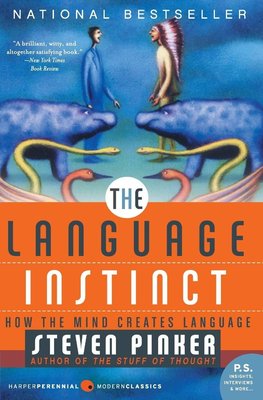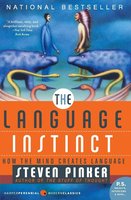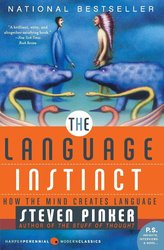A Skeptical Take on the A.I. Revolution
The year 2022 was jam-packed with advances in artificial intelligence, from the release of image generators like DALL-E 2 and text generators like Cicero to a flurry of developments in the self-driving car industry. And then, on November 30, OpenAI released ChatGPT, arguably the smartest, funniest, most humanlike chatbot to date.
In the weeks since, ChatGPT has become an internet sensation. If you’ve spent any time on social media recently, you’ve probably seen screenshots of it describing Karl Marx’s theory of surplus value in the style of a Taylor Swift song or explaining how to remove a sandwich from a VCR in the style of the King James Bible. There are hundreds of examples like that.
But amid all the hype, I wanted to give voice to skepticism: What is ChatGPT actually doing? Is this system really as “intelligent” as it can sometimes appear? And what are the implications of unleashing this kind of technology at scale?
Gary Marcus is an emeritus professor of psychology and neural science at N.Y.U. who has become one of the leading voices of A.I. skepticism. He’s not “anti-A.I.”; in fact, he’s founded multiple A.I. companies himself. But Marcus is deeply worried about the direction current A.I. research is headed, and even calls the release of ChatGPT A.I.’s “Jurassic Park moment.” “Because such systems contain literally no mechanisms for checking the truth of what they say,” Marcus writes, “they can easily be automated to generate misinformation at unprecedented scale.”
However, Marcus also believes that there’s a better way forward. In the 2019 book “Rebooting A.I.: Building Artificial Intelligence We Can Trust” Marcus and his co-author Ernest Davis outline a path to A.I. development built on a very different understanding of what intelligence is and the kinds of systems required to develop that intelligence. And so I asked Marcus on the show to unpack his critique of current A.I. systems and what it would look like to develop better ones.
This episode contains strong language.






